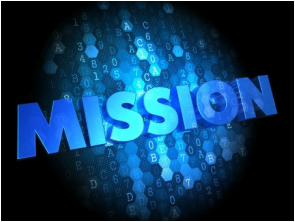Forgiving and forgiveness are concepts that most of us are familiar with, yet oftentimes erroneously confuse with other concepts. For such a seemingly simple word it comes attached with enormous meaning. Despite this, it is more-often-then-not misunderstood, misused, and/or misapplied. Forgiveness is a concept that has the ability to change the way we think and behave, engender compassion and empathy in ourselves and for others, or can make our life miserable and unmanageable. Research has repeatedly demonstrated that forgiveness has significant neurochemical and even physiological advantage, and that the inability or unwillingness to do so when appropriate, can have long-lasting, and depending upon the issues, devastating consequence on a personal and/or a global level.
The ability for entire communities to forgive and to be forgiven for past transgressions is of enormous value as we have seen throughout history, WWII being one of a great many examples. Forgiveness is not to be confused with forgetting or changing a wrong or harm done into something right or acceptable. Nor is it always appropriate or necessary to forgive a transgressor or transgression for the harm caused in order to lead a healthy life or to psychologically move on.
The great American activist for social change and justice, Emma Goldman, very simple stated; Before we can forgive one another, we have to understand one another. Although forgiveness is not always necessary or perhaps even appropriate, I do believe that we can only make that choice when we can understand ourselves and those that have hurt us.
The mission of this website is to explore the various ways in which forgiving and forgiveness play a role in our personal lives, our communities, our justice system, our world-view and the world at large. It should be noted that this is a secular website and the information is presented through a secular, neuropsychological, evidence-based lens.
The mission of this website is to inform. It is hoped that through a wealth of diverse information relating to diverse populations and issues, it can also inspire and create dialogue for better understanding and inter-and intra-personal change.

